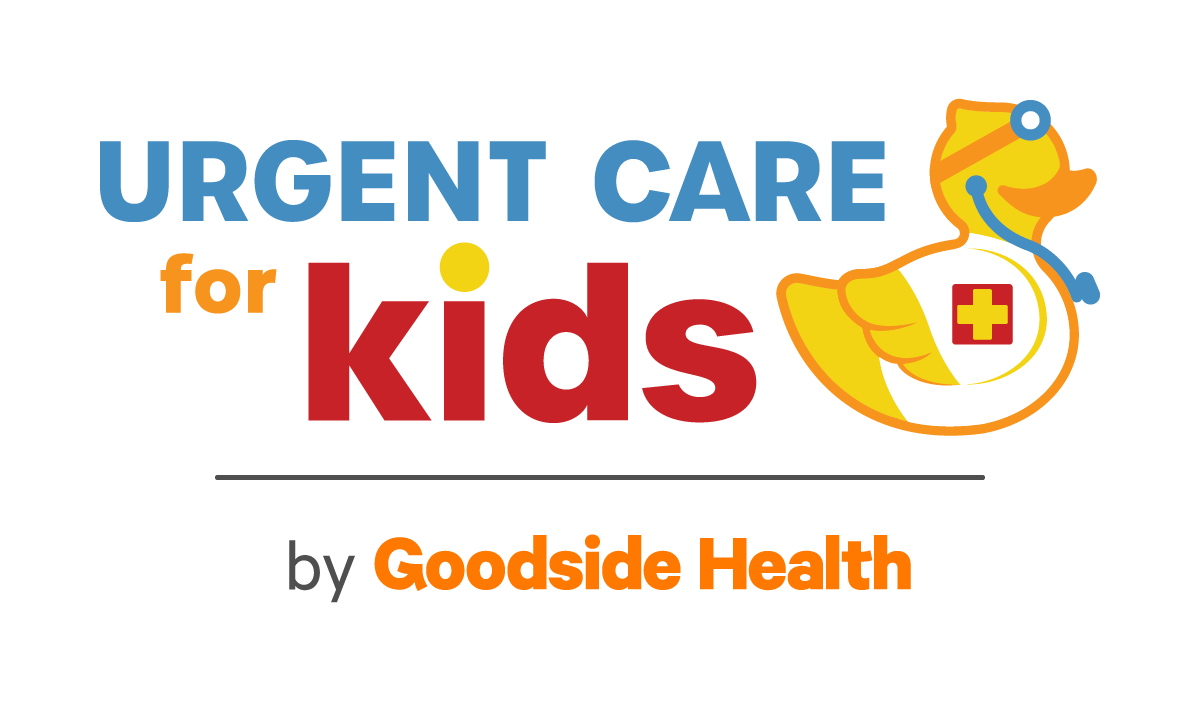
Urgent Care for Babies: A Comprehensive Guide for Parents
Introduction
Babies are precious and vulnerable, and their health is of utmost importance. While most illnesses and injuries can be managed at home, there are times when urgent care is necessary. Urgent care centers provide immediate medical attention for non-life-threatening conditions, offering a convenient and accessible alternative to emergency rooms. This article will provide a comprehensive guide to urgent care for babies, covering common symptoms, when to seek care, what to expect during a visit, and follow-up care.
Common Symptoms Requiring Urgent Care
- Fever: A fever in babies under 3 months old is considered an emergency and requires immediate medical attention. For babies over 3 months old, a fever over 101 degrees Fahrenheit (38.3 degrees Celsius) that lasts for more than 24 hours warrants urgent care.
- Vomiting and Diarrhea: Persistent vomiting and diarrhea can lead to dehydration and electrolyte imbalance, especially in young babies. Seek urgent care if your baby has more than 6 episodes of vomiting or diarrhea in 24 hours.
- Respiratory Distress: Difficulty breathing, wheezing, or a persistent cough can indicate a respiratory infection or other underlying condition. Seek urgent care if your baby has difficulty breathing or is breathing rapidly.
- Skin Infections: Redness, swelling, and drainage from the skin can be signs of a bacterial or viral infection. Seek urgent care if the infection is spreading or if your baby has a fever.
- Ear Infections: Ear infections are common in babies and can cause pain, fever, and irritability. Seek urgent care if your baby has ear pain, discharge from the ear, or a fever.
- Eye Infections: Redness, swelling, and discharge from the eyes can indicate an eye infection. Seek urgent care if your baby has eye pain, sensitivity to light, or discharge.
- Urinary Tract Infections (UTIs): UTIs can cause fever, irritability, and frequent urination. Seek urgent care if your baby has any of these symptoms.
- Injuries: Minor cuts, scrapes, and bruises can usually be treated at home. However, seek urgent care if the injury is deep, bleeding heavily, or causing significant pain.
When to Seek Urgent Care
If your baby is experiencing any of the following symptoms, seek urgent care immediately:
- Difficulty breathing or gasping for air
- Seizures or convulsions
- Persistent vomiting or diarrhea
- High fever (over 101 degrees Fahrenheit in babies under 3 months old or over 104 degrees Fahrenheit in babies over 3 months old)
- Rash that spreads quickly or is accompanied by fever
- Lethargy or unresponsiveness
- Any injury that causes significant pain or bleeding
What to Expect During a Visit
When you arrive at the urgent care center, you will be asked to provide your baby’s medical history and current symptoms. The medical staff will perform a physical examination and may order tests, such as blood tests or X-rays, to determine the cause of your baby’s symptoms.
Depending on the diagnosis, the medical staff may provide treatment, such as:
- Antibiotics for bacterial infections
- Antiviral medications for viral infections
- Pain relievers for discomfort
- Fluids for dehydration
- Inhalers for respiratory distress
The medical staff will also provide instructions on follow-up care and when to seek further medical attention if necessary.
Follow-Up Care
After your baby has received urgent care, it is important to follow the medical staff’s instructions for follow-up care. This may include:
- Giving your baby prescribed medications as directed
- Monitoring your baby’s symptoms and reporting any changes to the doctor
- Keeping your baby hydrated by offering plenty of fluids
- Restricting your baby’s activity if necessary
- Returning to the urgent care center or seeking further medical attention if your baby’s symptoms worsen or do not improve
Preventing Urgent Care Visits
While it is not always possible to prevent urgent care visits, there are steps you can take to reduce the risk:
- Keep your baby up-to-date on vaccinations
- Practice good hygiene, such as washing your hands frequently and keeping your baby’s environment clean
- Avoid exposing your baby to sick individuals
- Feed your baby a healthy diet and ensure they get enough rest
Conclusion
Urgent care centers provide a valuable service for parents of young children. By understanding the common symptoms that require urgent care, when to seek care, what to expect during a visit, and how to follow up, parents can ensure their babies receive prompt and appropriate medical attention when needed. Remember, the health and well-being of your baby is paramount, and seeking urgent care when necessary is crucial for their recovery and future health.
